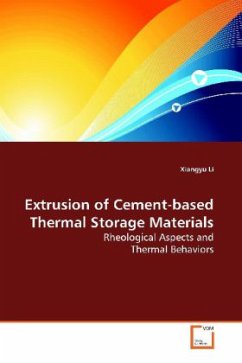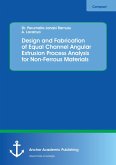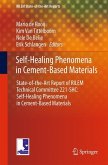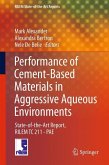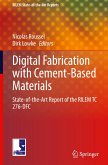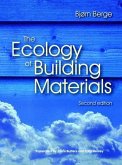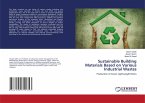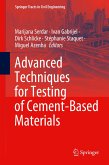Incorporations of phase change materials (PCM) in
building
materials have been proved to be feasible to exploit
high thermal
storage capability of PCM to solve global energy and
environmental
problems we face. In this study, rheological
behaviors of fresh fiber
reinforced cementitious composites were investigated
through using
squeeze flow or upsetting test, stress relaxation and
digital image
processing technique in order to make extrusion
process smooth
and successful. And short fiber reinforced
cementitious panels
incorporated with granular phase change composites
have been
manufactured by the extrusion technique which can
significantly
improve the mechanical performance of cement
composites. The
thermal behaviors of extruded panels were
investigated by one-
dimensional heat conduction and simulated-room tests.
It was
shown that both heat capacity and thermal inertia
were largely
improved. The experimental results demonstrated that
there could
be a great potential for applying extruded thermal
energy-storing
panels in building constructions to improve energy
efficiency.
building
materials have been proved to be feasible to exploit
high thermal
storage capability of PCM to solve global energy and
environmental
problems we face. In this study, rheological
behaviors of fresh fiber
reinforced cementitious composites were investigated
through using
squeeze flow or upsetting test, stress relaxation and
digital image
processing technique in order to make extrusion
process smooth
and successful. And short fiber reinforced
cementitious panels
incorporated with granular phase change composites
have been
manufactured by the extrusion technique which can
significantly
improve the mechanical performance of cement
composites. The
thermal behaviors of extruded panels were
investigated by one-
dimensional heat conduction and simulated-room tests.
It was
shown that both heat capacity and thermal inertia
were largely
improved. The experimental results demonstrated that
there could
be a great potential for applying extruded thermal
energy-storing
panels in building constructions to improve energy
efficiency.

